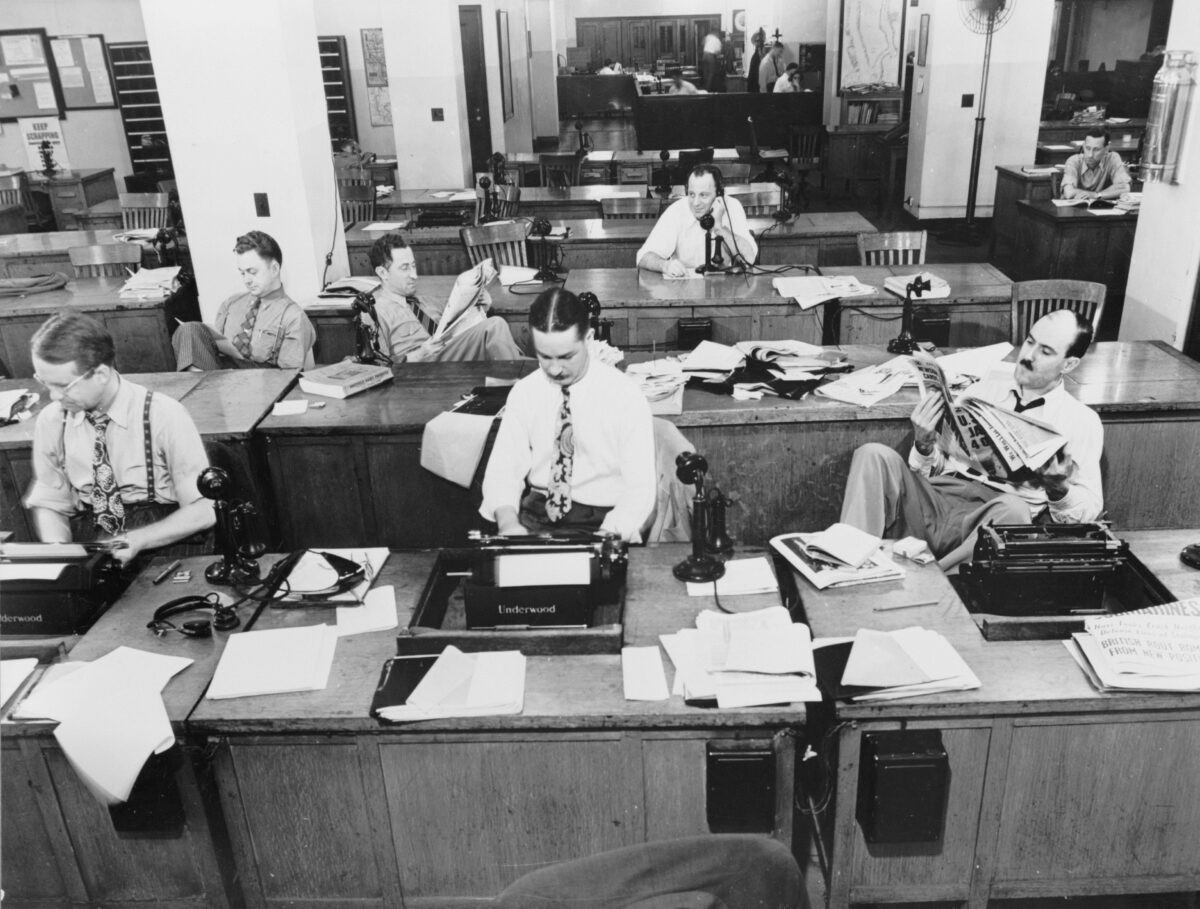The first challenge in finding a new job is updating your CV or writing your CV from scratch. It is easy to look at the CV writing task as a significant barrier that creates feelings of dissolution or being overwhelmed. Additionally, if you have written a CV before, you could fall into common traps, such as sending out the same CV for every job application.
Here we provide a free CV template, review each section, and highlight the CV writing dos and don’ts.
Personal statement
A personal statement should be the first item on your CV, sitting below your name and contact details. We recommend creating an introduction of approximately 150 words, saying who you are, what you offer, and your career goals.
Our top tips for creating a personal statement include tailoring it to the role you are applying for and providing examples of how you have used your skills, rather than simply stating you have them.
What to include within a personal statement on a CV
Job history
Your job history should begin with your most recent role, working backwards from there. You can stand yourself apart from other candidates by describing instances where you used your abilities and skills instead of listing your duties and responsibilities. Facts, figures, accomplishments, and awards all help to add credibility to your claims.
A challenge for school leavers is having no employment history to speak about. In this instance, we recommend focusing on volunteer work or seasonal jobs. While these may not be relevant to your job application, you can highlight transferable skills and abilities.
How much job history should I include on my CV?
Education and qualifications
Your most recent academic achievements should appear first, working back to your GCSEs. Suppose you have an advanced degree or educational achievements that were gained in the distant past. In that case, you can summarise your GCSEs to the number of qualifications and grade range, as these are less relevant to your higher education or work experience.
If course modules or projects are particularly relevant to the job application, use these as an opportunity to provide evidence of your skills and experience.
What education and qualifications should I include on my CV?
Hobbies and interests
Your CV's hobbies and interests section are not essential, but it can give personality insights or provide skill and ability examples. These examples can be a crucial element on your CV if you have little work experience or qualifications. Before adding your hobbies and interests, consider how they may help you get a job interview and offer.
Should I include hobbies on my CV?
-> Download a Free CV Template
References
References may be important to an employer, but you do not need to list them on your CV. You can state that they are available on request and are usually only required at the job offer stage of recruitment. Credible references include those from previous employers, career coaches, and teachers.
Should I include references on my CV?
Career advice and free CV template
You can view our career advice for guidance and inspiration. Our free CV templates serve as an example, and from here, you should research the company and read their job description to create a personalised CV that mentions the skills, abilities, and experience the employer is seeking.
We recommend tweaking your CV for each job application. Making these minor edits can significantly impact the number of interview requests and job offers you receive.
CV template examples
- Accounting CV template
- Agriculture CV template
- Arts CV template
- Automotive CV template
- Banking CV template
- Charity CV template
- Construction CV template
- Customer Services CV template
- Education CV template
- Engineering CV template
- Environmental CV template
- Facilities Management CV template
- Finance CV template
- Healthcare CV template
- Hospitality and Leisure CV template
- Human Resources (HR) CV template
- Information Technology (IT) CV template
- Leadership CV template
- Legal CV template
- Manufacturing CV template
- Marketing CV template
- Media CV template
- Office Administration CV template
- Personal Care CV template
- Professional Services CV template
- Public Sector CV template
- Retail CV template
- Sales CV template
- Science CV template
- Social Care CV template
- Telecommunications CV template
- Transportation and Logistics CV template
